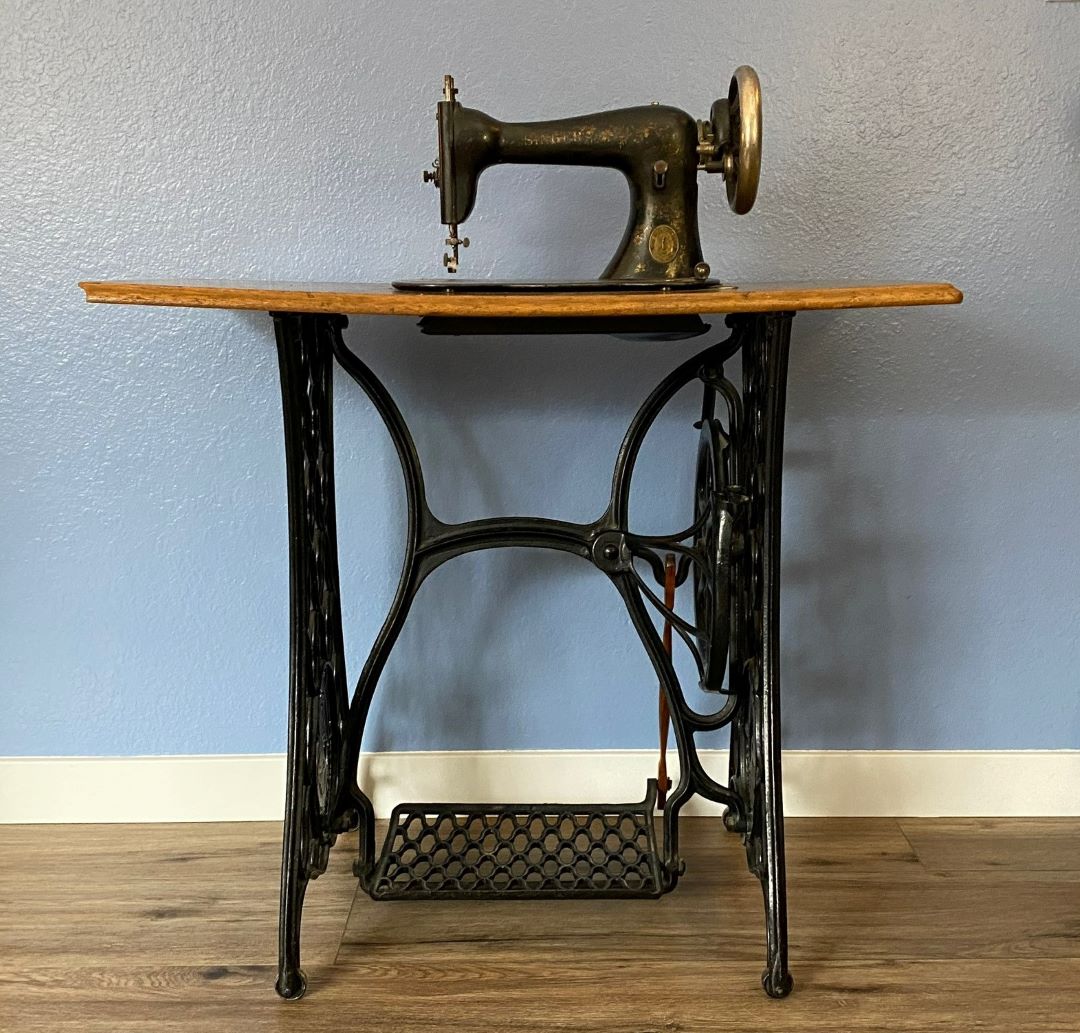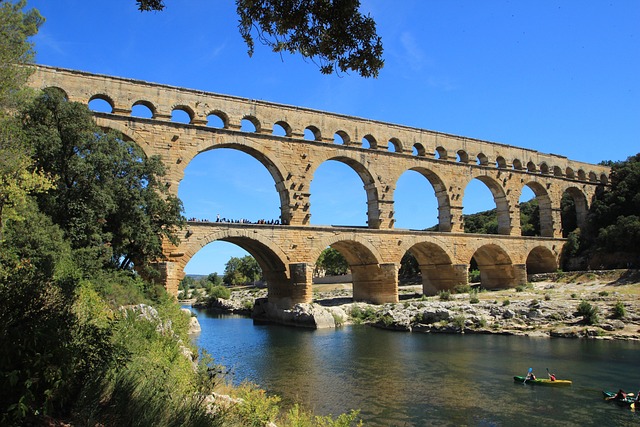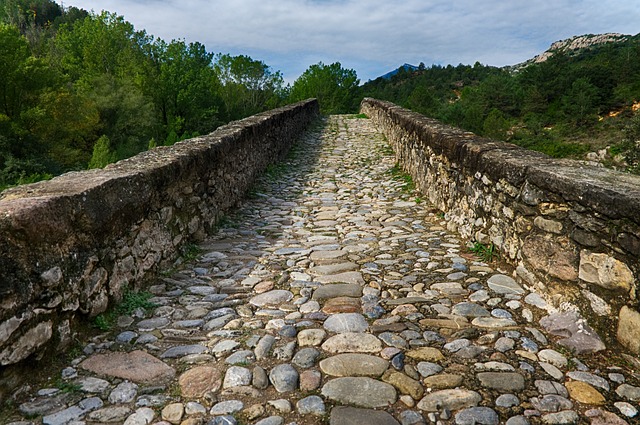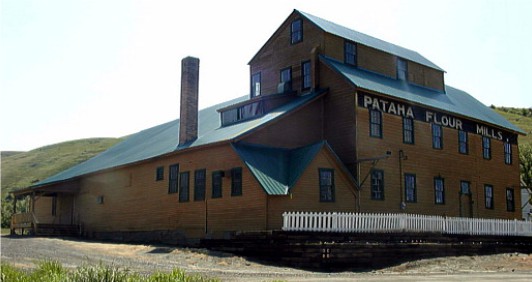By Ida Smith

The Importance of History and My Favorite African Proverb
In my living room, I have an antique Singer Sewing machine. It doesn’t work, and I use it more as an interesting end table. An elderly friend who thought it worthless gave it to my dad who cleaned it up, refinished the wood surface, and painted the metal frame, then gave it to me as a Christmas gift when I was a teen.
It’s a cool reminder of how early technology changed our civilization and freed women from sewing all their family’s clothes and bedding by hand.
Whew! I’m so glad I missed out on that!

So, you can imagine my surprise when a recent teenage visitor asked me what it was. I stifled the urge to scream, “What?! Are you kidding me? Did you grow up in a hole?”
Instead, I explained to him what it was and how it worked. But the experience left me thinking about how frail our knowledge of the past and its inventions are. I realized we could lose what many of us know about the past in fifty years.
Think about that!
It reminds me of my favorite African Proverb:
“When an old person dies, a library burns.”
—Old African Proverb
I’ve loved this old African proverb from the moment I read it, twenty years ago. The knowledge that most of the things we’ve seen, experienced, and learned throughout our lifetime will disappear upon our death. Consider all the knowledge, wisdom, stories and understanding about the world the generations before us has. Now, think of all that will be lost when they die. In fact, so much has already been lost.
“What does it matter?” Some may say. “That was in the past. Things are different now. None of that relates anymore.”
That may not be as true as some may believe. I sometimes think of the mighty Roman Empire.
Etruscan kings ruled Rome between 753 and 509 BCE. This was before the form of the Roman Republic which we are familiar with. These kings had a senate made of upper-class citizens. Though they consulted their senate, they held absolute power and did whatever they wanted. This frustrated the senate who could find no legal way to remove the king.

In 509 BC, a cruel and conniving king by the name of King Tarquin the Proud came to power. His violence embittered the people against him. The end came when his son, Sextus, raped the virtuous Lucretia, a governor’s daughter. This enraged the people who deposed King Tarquin, and exiled him and his family. 1 & 2
This incident brought about a change in Rome’s government. They removed the king and built the Roman Republic on the concept of representation. After some fine-tuning, the Roman Republic included three separate branches—the executive, legislative, and judicial.
The Senate wrote laws for the benefit of all the people, not just the elite, and interpreted by eight judges. The decentralizing of the nation’s power provided a much more stable and fair government.
Unfortunately, over time, people forgot.
But the separation of powers did not remain. Augustus founded the Roman Empire after he defeated Mark Antony and Cleopatra in 31 BC. By then, he had the last-say in decision making despite the continued existence of the Senate.
Though a string of good leaders, reigned for over 200 years, eventually, emperors came to power who could not maintain the now extensive empire.
By 200 BC, the Roman Empire had expanded North as far as modern-day France and the island of Britain. They also conquered Greece, Spain, the North African coast, and much of the Middle East. 3 With Roman conquest came relative peace, and the advancement of cobblestone roads, stonework, cement, aqueducts which brought fresh water to cities and homes, and trade.

Seeing the difficulty of ruling such an extensive empire, Diocletian divided the Roman Empire in 284 AD into the Western Roman Empire and the Eastern Byzantine Empire. As the Western Empire floundered, the regions of the north had less protection from invaders and sought to pull together in what became the Feudal system.
Citizens and Lords turned their attention to protecting themselves from raiders. In doing so, they neglected maintaining Roman roads and aqueducts. Knowledge of stone masonry and how to make Roman cement was lost. With increased danger, trade dwindled and they lost the high-quality pottery merchants brought from Africa. 4
Like you, I take advantage of many of the advancements we have at our disposal. But, I sometimes wonder what would happen if we were to lose it all?
Has technology helped us or paralyzed us?

An example of this is in the small farm town of Pataha, Washington. Surrounded by wheat fields and nestled in a valley, is the Pataha Mill. Established in 1878 the four-story wood building is an engineering feat. The Pataha Mill was constructed with wood from the local Blue Mountains. In contrast to modern buildings, various wood joint hold many of the walls, shafts, levers and equipment together tighter than puzzle pieces.
Wheat traveled up and down throughout this building as it was separated from the chaff, dried, and ground into flour. To accomplished this, they used machines often made of wood.
Upon touring the Pataha Mill, I remember my amazement at the engineering, workmanship, and sheer creativity required to design, build, and operate this mill. It’s like the working of an old-time clock with all the gears. I wonder if today’s engineers could design and build such an intricate mill without the use of computer technology.
Exisiting advancements, don’t guarante permenance.
Throughout history, we see civilizations rise and fall and the accumulation of wealth, knowledge, and advancement like the amazing construction of pyramids and monuments and the medical, mathematical, and scientific discoveries by cultures like the Egyptians, Aztecs, and Incas come and go.
History has a habit of repeating itself. Will we learn from it?
We can change the future by understanding the past. We can recognize this signs of evil and prevent horrors such as the Nazi holocaust. The past can help usprepare ourselves for changes in our social, economic, political, and even physical lives.
Joshua J. Mark, author of “Ten Facts You Need to Know about the Inca, World History Encyclopedia,” says, “…the past informs the present and, so, the future. Knowing how people in the past lived can help those in the present live better, make better choices.” 5
The question is: Will we hold on to the knowledge of the past and let it inform us, or will we let it burn?
Copyright Ida Smith 2022. No part of this may be sold or copied without express permission from the author.
Resources:
1 https://www.worldhistory.org/article/1507/ten-ancient-rome-facts-you-need-to-know/#google_vignette
3 https://www.vox.com/world/2018/6/19/17469176/roman-empire-maps-history-explained
5 https://www.worldhistory.org/article/1506/ten-facts-you-need-to-know-about-the-inca/
Other Resources: